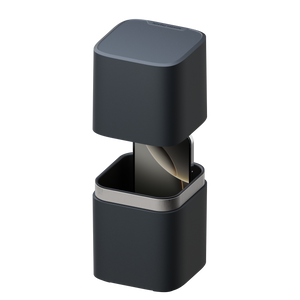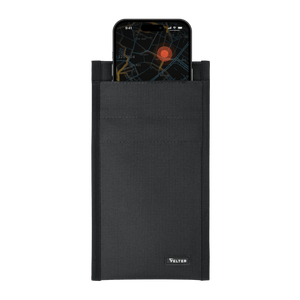
In a world increasingly reliant on technology, concerns about privacy have reached new heights. Many users have long suspected their phones and smart devices were "listening in" on their conversations to deliver targeted ads. Now, a major leak from Cox Media Group has confirmed that these suspicions are not just conspiracy theories but a real strategy used by advertisers.
The Leak
The leak, first exposed by an anonymous insider, sheds light on how smart devices—such as smartphones, smart TVs, and even smart speakers—are being used to gather audio data in real time. This data is then analyzed by AI algorithms to deliver personalized advertisements. According to the leaked presentation, these devices actively listen for keywords or specific phrases that can indicate a user’s preferences, recent purchases, or intentions. The technology captures ambient conversations that include details about daily activities, interests, or even planned purchases.
How It Works

At the core of this eavesdropping technology is voice recognition software embedded in apps or operating systems. Once a keyword is detected, the data is flagged and used to build an ad profile. If you’ve ever wondered why, after mentioning a product in a casual conversation, you suddenly see ads for that very item on your social media feed—this is the reason.
Advertisers claim that this method allows for more relevant and timely ads, leading to higher engagement and ultimately more purchases. However, privacy advocates have raised serious concerns about the ethical implications of such practices.
Legal Gray Area
Despite the confirmed existence of this technology, the legal landscape surrounding it is murky. Many companies claim that users have given their consent for such activities through various terms of service agreements, although these agreements are often vague and not well-understood by consumers.
In several countries, including the U.S. and parts of Europe, authorities are now reviewing the legality of this practice. Privacy laws such as GDPR in Europe and CCPA in California may not be enough to curb this level of surveillance, especially as the technology becomes more sophisticated and harder to detect.
How to Protect Yourself

If you are concerned about being eavesdropped on, there are some measures you can take to safeguard your privacy. Faraday sleeves and capsules, for instance, can block all wireless signals to and from your device. Other tools, such as ultrasonic jammers, can interfere with the microphones in these devices, making them unable to capture audio. Moreover, many privacy-conscious individuals are turning off voice assistants or limiting permissions for apps to access their microphones.
The Future of Advertising
This leak has reignited the debate over how far advertisers are willing to go to target consumers. As technology continues to evolve, the line between personal privacy and commercial exploitation blurs further. While some argue that these practices offer more convenience, others see it as an invasion of personal space that undermines the very concept of privacy.
What’s clear is that with the confirmation of "advertising eavesdropping," consumers are now more aware than ever of the trade-offs they make when they opt into digital services. As the world waits for clearer regulations, users may need to take privacy protection into their own hands.


